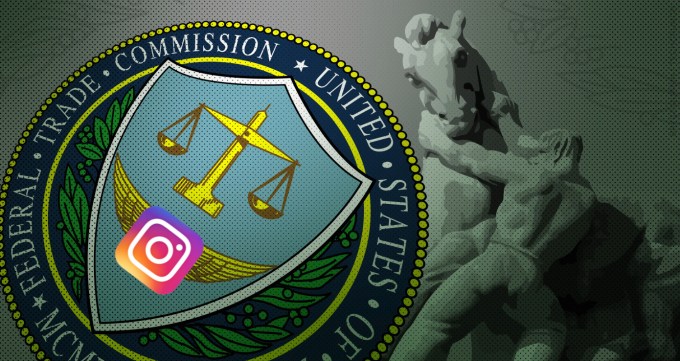Undisclosed influencer marketing posts on social media should trigger financial penalties, according to a statement released today by the Federal Trade Commission’s Rohit Chopra. The FTC has just voted 5-0 to approve a Federal Register notice calling for public comments on questions related to whether The Endorsement Guides for advertising need to be updated.
“When companies launder advertising by paying an influencer to pretend that their endorsement or review is untainted by a financial relationship, this is illegal payola” Chopra writes. “The FTC will need to determine whether to create new requirements for social media platforms and advertisers and whether to activate civil penalty liability.”
Currently the non-binding Endorsement Guides stipulate that “when there is a connection between an endorser and a seller of an advertised product that could affect the weight or credibility of the endorsement, the connection must be clearly and conspicuously disclosed.” In the case of social media, that means creators need to note their post is part of an “ad”, “sponsored” content, or “paid partnership”.
But Chopra wants the FTC to consider making those rules official by “Codifying elements of the existing endorsement guides into formal rules so that violators can be liable for civil penalties under Section 5(m)(1)(A) and liable for damages under Section 19”. He cites weak enforcement to date, noting that in the case of department store Lord & Taylor not insisting 50 paid influencers specify their posts were sponsored, “the Commission settled the matter for no customer refunds, no forfeiture of ill-gotten gains, no notice to consumers, no deletion of wrongfully obtained personal data, and no findings or admission of liability.”

Strangely, Chopra fixates on Instagram’s Branded Content Ads that let marketers pay to turn by posts by influencers tagging brands into ads. However, these ads include a clear “Sponsored. Paid partnership with [brand]” and seem to meet all necessary disclosure requirements. He also mentions concerns about sponcon on YouTube and TikTok.
Additional targets of the FTC’s review will be use of fake or incentivized reviews. It’s seeking public comment on whether free or discounted products influence reviews and should require disclosure, how to handle affiliate links, and whether warnings should be posted by advertisers or review sites about incentivized reviews. It also wants to know about how influencer marketing affects and is understood by children.
Chopra wisely suggests the FTC focus on the platforms and advertisers who are earning tons of money from potentially undisclosed influencer marketing, rather than the smaller influencers themselves who might not be as well versed in the law and are just trying to hustle. “When individual influencers are able to post about their interests to earn extra money on the side, this is not a cause for major concern” he writes, but “when we do not hold lawbreaking companies accountable, this harms every honest business looking to compete fairly.”

While many of the social media platforms have moved to self-police with rules about revealing paid partnerships, there remain gray areas around incentives like free clothes or discount rates. Codifying what constitutes incentivized endorsement, formally demanding social media platforms to implement policies and features for disclosure, and making influencer marketing contracts state that participation must be disclosed would all be sensible updates.
Society has enough trouble with misinformation on the Internet from trolls to election meddlers. They should at least be able to trust that if someone says they love their new jacket, they didn’t secretly get paid for it.
Read Full Article
No comments:
Post a Comment